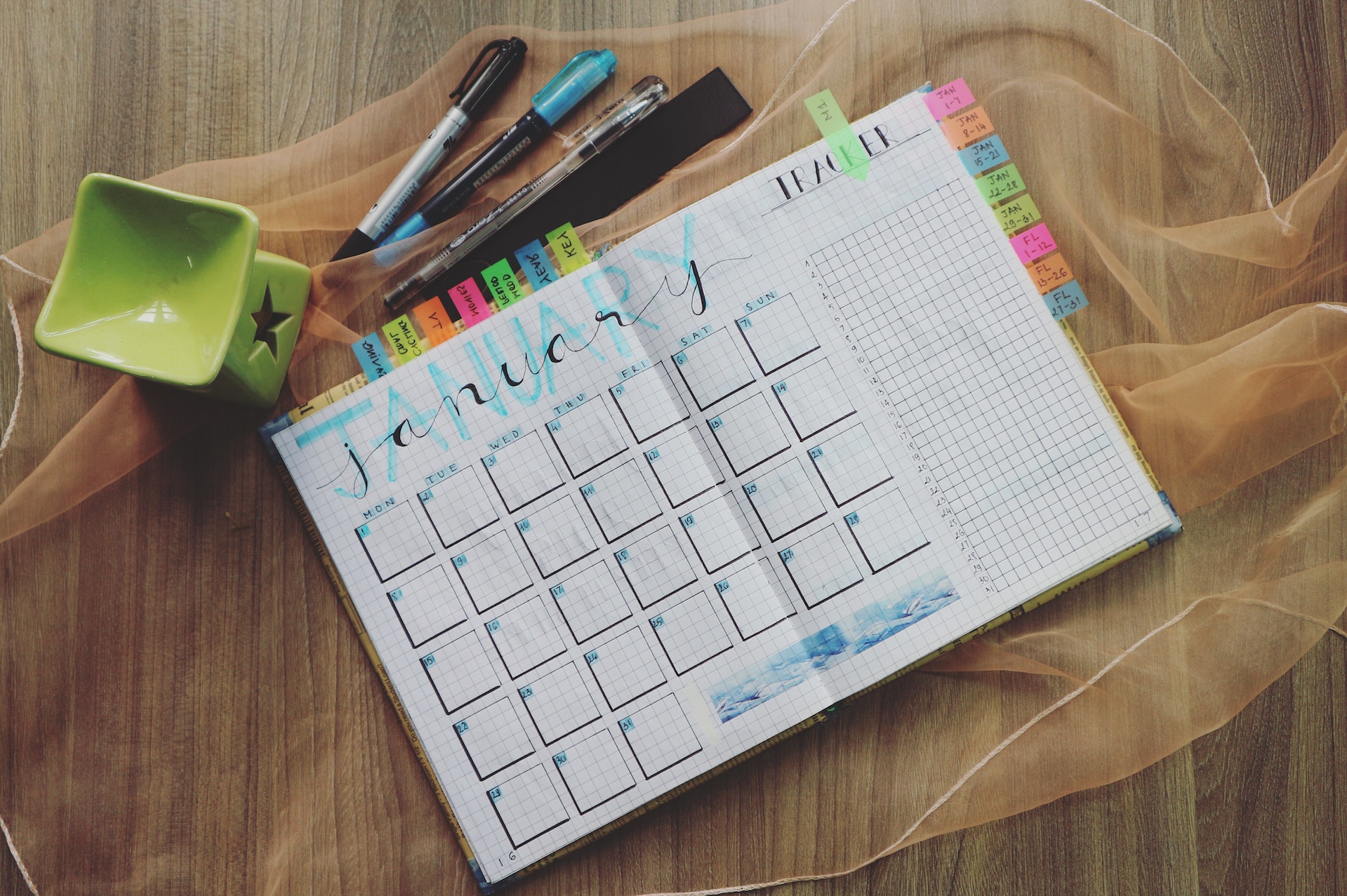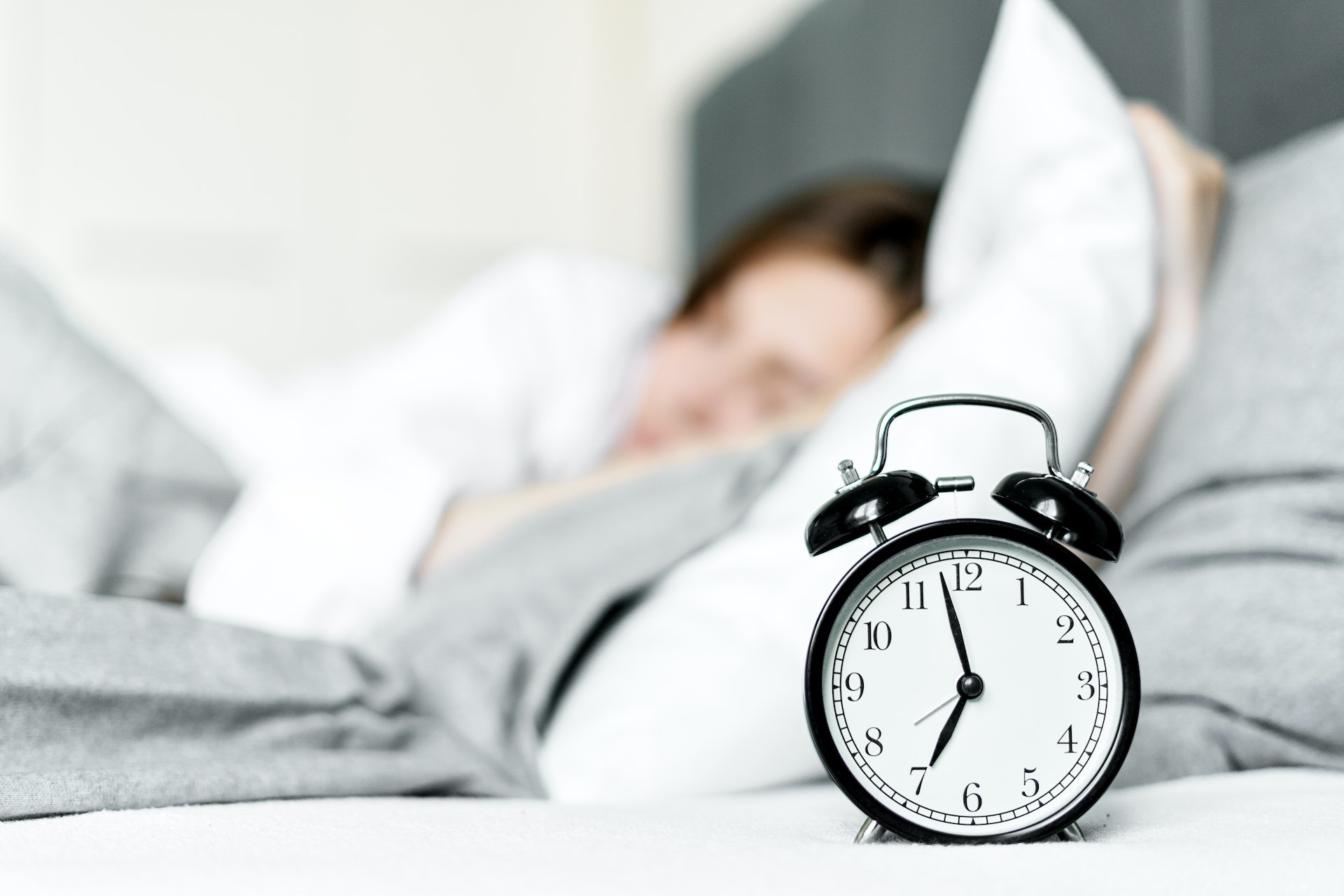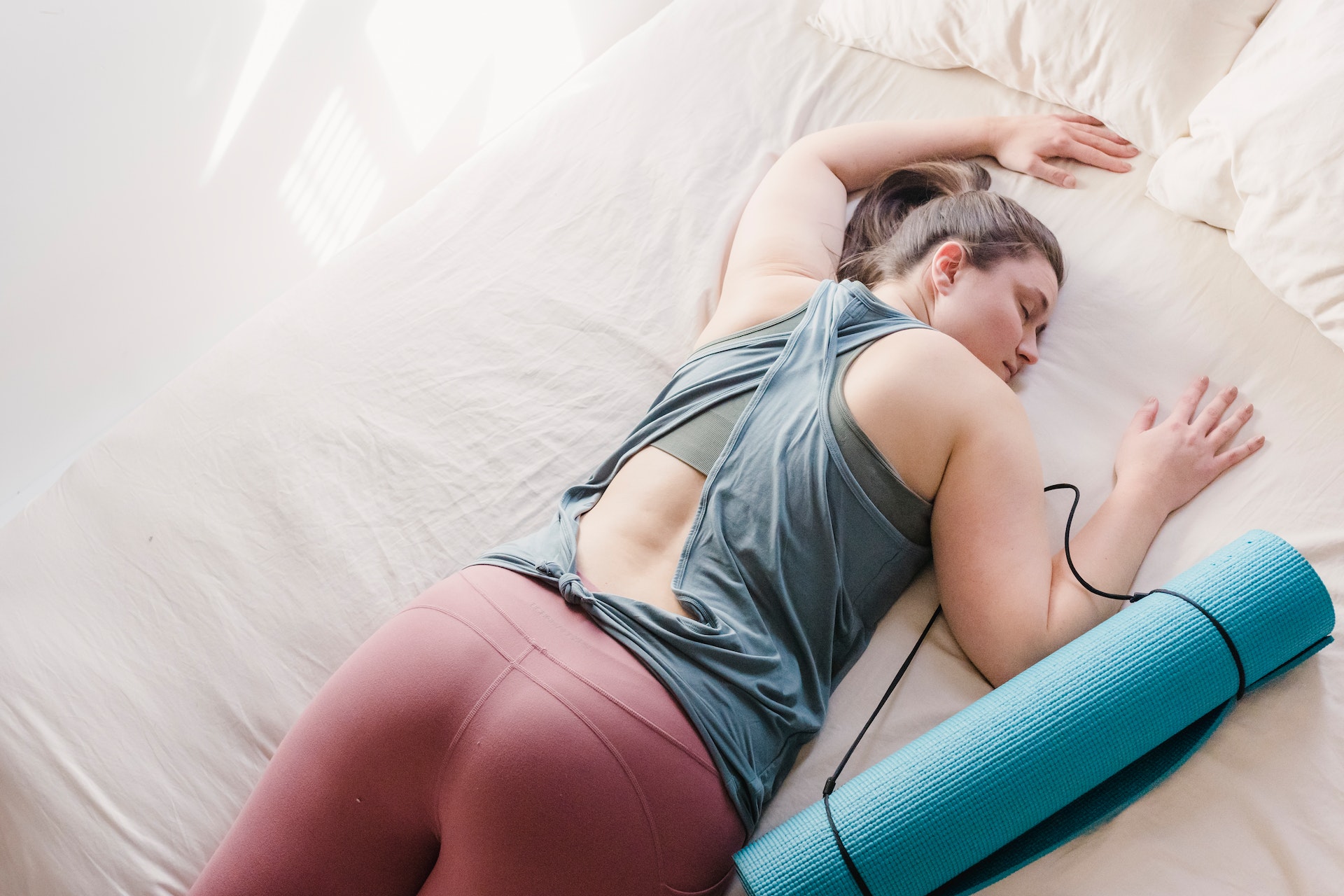Can Meditation Help Me Fall Asleep Easier?

Having trouble sleeping? Struggling to fall asleep and stay asleep? You might have heard about the benefits of mindfulness and meditation for catching some much needed shut-eye. In this article, we take a look at how meditation can be used as an effective sleep aid and learn about some of its potential benefits.
What is Meditation?
Meditation can be defined as a practice where an individual uses a technique – such as mindfulness, or focusing their attention on a particular object, thought or activity – to train their mind and induce a state of consciousness that is different from the normal waking state.
There are many different types of meditation, and it is an ancient practice with roots in many different cultures. Some people meditate to relax and improve their mental well-being, while others use it as part of their spiritual or religious practices.
The benefits of meditation are vast and varied, but one common benefit is that it can help to improve sleep quality. In our fast-paced, modern lives, many of us find it difficult to switch off at night and get the restful sleep our bodies need. Meditation can help to still the mind and ease worry and anxiety, making it easier to fall asleep and stay asleep for longer.
Benefits of Meditation for Sleep
When it comes to trying to get a good night’s sleep, many people turn to medication. However, there are some drawbacks associated with taking sleep medication on a regular basis. For example, medications can become less effective over time, and some can cause dependence or other side effects.
Meditation has been shown to be an effective alternative to sleep medication. In one study, people who participated in a four-week meditation program reported better sleep quality than those who took a sleep medication. Meditation has also been shown to reduce the time it takes to fall asleep and increase the duration of sleep.
There are many benefits of meditation for sleep. Meditation can help you fall asleep faster and improve the quality of your sleep. Additionally, meditation is a natural way to improve your sleep without the risk of side effects or dependence.
How to Use Meditation for Better Sleep
Meditation really can help you fall asleep easier. There are a few things you can do to make it more effective. Find a comfortable place to sit or lie down. You may want to use a pillow or blanket. Close your eyes and focus on your breath. Inhale and exhale slowly and deeply. Let go of any thoughts that come into your head. If you find yourself thinking about something, just let it go and return your focus to your breath. Stay in the moment and don’t worry about falling asleep. If you start to feel sleepy, that’s OK! Just let yourself drift off.
Types of Meditation Techniques for Sleeping
There are many different types of meditation techniques that can be used to help with falling asleep. One common technique is focused attention meditation, which involves focusing on a specific object or breath and letting thoughts come and go without getting caught up in them. Other popular methods include mindfulness meditation, which encourages you to be aware of all thoughts and sensations without judgment; and loving-kindness meditation, which focuses on giving yourself or others positive wishes.
Whichever technique you choose, it’s important to be patient and consistent with your practice. It may take some time to see results, but with regular practice, you should notice an improved ability to fall asleep—and stay asleep—more easily.
How Often Should I Meditate to Improve My Sleep?
Most people find that meditating for 20-30 minutes per day is sufficient to improve their sleep quality. However, some people say there is no need to meditate for longer periods of time if it is hard for you as for the fresher. Even 10 minutes of everyday meditation could bring you great results, including falling asleep faster. If you are having difficulty falling asleep, or if you find that your sleep is consistently poor quality, it may be beneficial to meditate twice per day – once in the morning and once at night. Experiment with different times and frequencies of meditation to see what works best for you.
Tips on Using Meditation for Falling Asleep Easier
1. Make sure you are comfortable. You may want to sit in a chair with your feet on the ground or lie down on your back with your arms at your sides.
2. Close your eyes and take several deep breaths.
3. Begin to focus on your breath and count each inhale and exhale.
4. If your mind wanders, gently bring your attention back to your breath.
5. Continue for 10-20 minutes.
6. When you’re finished, slowly open your eyes and take a few deep breaths before getting up slowly from your seated or lying position.
Alternatives to Meditation for Better Sleep
While it is widely known that meditation can help to ease anxiety and improve sleep quality, there are many other activities that can also promote better sleep. Exercise, for example, has been shown to be an effective way to reduce stress and fatigue, two common factors that contribute to insomnia.
In addition to exercise, other lifestyle changes such as maintaining a regular sleep schedule, avoiding caffeine before bedtime, and creating a calm and comfortable sleeping environment can also help you get a good night’s sleep. If you’re struggling with insomnia, consider trying these alternative methods for better sleep.
The best results are obtained by those who combine several positive things. For example, moderate physical fatigue from jogging or cycling, a warm bath, and a hearty dinner can all be enough to make your body sleepy. Evening meditation can simply “turn you off” faster through deep relaxation. The main thing is not to check social media feed after you’ve gone to bed, as this will interfere with your relaxation and you will be active again.
In conclusion, meditation can be a great way to help you fall asleep easier. Not only has research shown that meditating before bed is linked to better sleep quality and longer sleeping times, but it’s also an incredibly easy practice to incorporate into your daily routine. Taking some time each night for yourself and practicing different techniques such as deep breathing or visualization can greatly reduce stress levels and improve relaxation levels which will in turn help you achieve more restful nights of sleep.
Warning: this article does not constitute medical advice. The article contains the author’s personal opinion and personal conclusions and observations. If you have problems with sleep or are interested in other issues related to it, it is better to consult your doctor.









